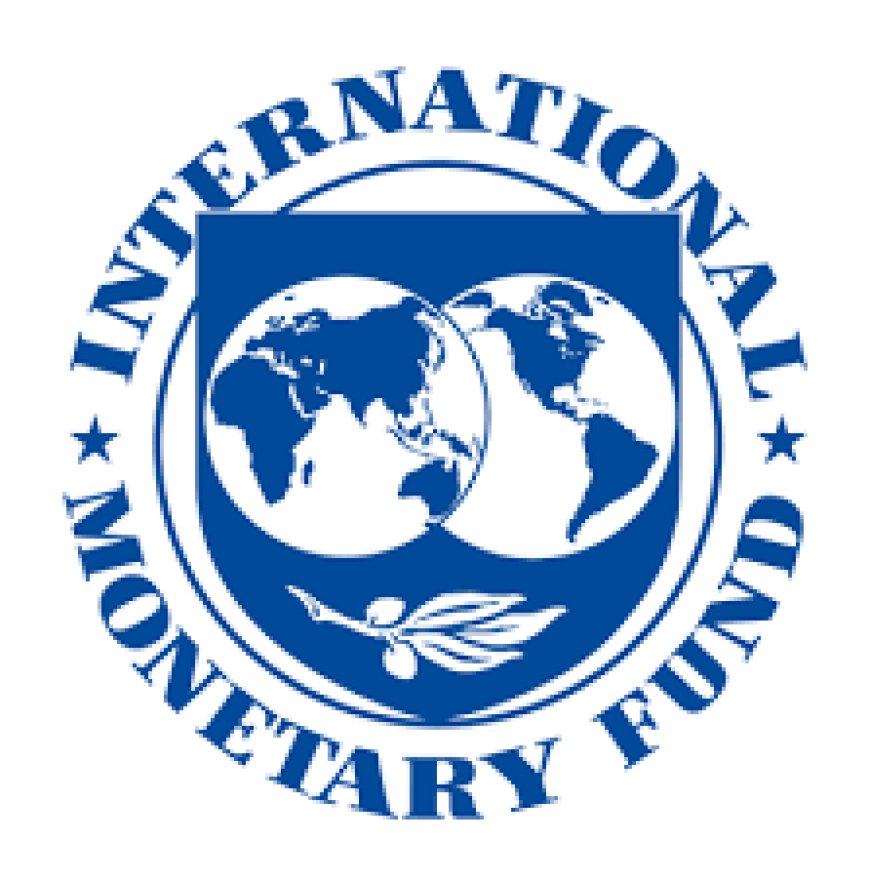The IMF’s Influence on Kenya’s Economy: A Lifeline or a Debt Trap?

By Robert Mutasi
The International Monetary Fund's relationship with Kenya has been a hot potato for years.
As much as the financial aid from the IMF has been critical in maintaining stability in the economy, it has also been the cause of harsh economic times that have made the citizens very unhappy.
That brings us to the question: is Kenya being led into a worse debt crisis, or is this IMF intervention a necessary step towards recovery?
Kenya has gained several billion dollar loans from the IMF, nearly all of that are attached by strict policy reformations.
Opponents argue these interventions force viable economic growth along with fiscal restraint.
The IMF seeks to place Kenya on its path toward stability by implementing the following: forced tax reforms, budgetary restraint, and the efficiency of its public sector.
Without the intervention of the IMF, Kenya would not have cheap credit access into global markets that would worsen the situation further.
Critics say policies advocated by the IMF have done more harm than good.
The burden of this facility falls heaviest on ordinary citizens through increased taxes, reduction of government spending, and cuts in subsidies.
For instance, removal of food and fuel subsidies increases the cost of living, hence amplifying poverty.
Additionally, life has gotten even tougher for the low-income earners because of the increase in basic commodity taxes.
The other big concern is the growing debt load in Kenya. Dependence on IMF loans only adds to the financial strain, since the public debt has already crossed Ksh 10 trillion.
It is felt that the continuous borrowing by the government will plunge future generations into a debt crisis beyond their control.
Poor management of the debt might lead to a sovereign debt crisis, which could make it difficult for Kenya to meet its repayment obligations.
Notwithstanding all these impediments, the Kenyan government feels that IMF-driven reforms remain indispensable for sustained economic recovery.
Fiscal restraint and revenue mobilization are emphasized with a view to reducing reliance on external borrowing.
If the reform process is to succeed, however, the government must balance social welfare protection with economic adjustment.
Priority must be accorded to installing policies that cushion vulnerable groups from financial shocks.
Ultimately, it is a lifeline or a debt trap, depending on how Kenya executes its policies with the IMF.
What's Your Reaction?


































































































































































































































































































